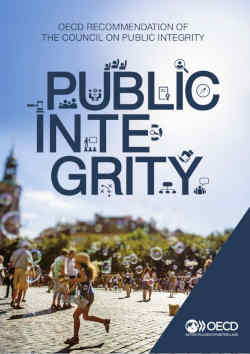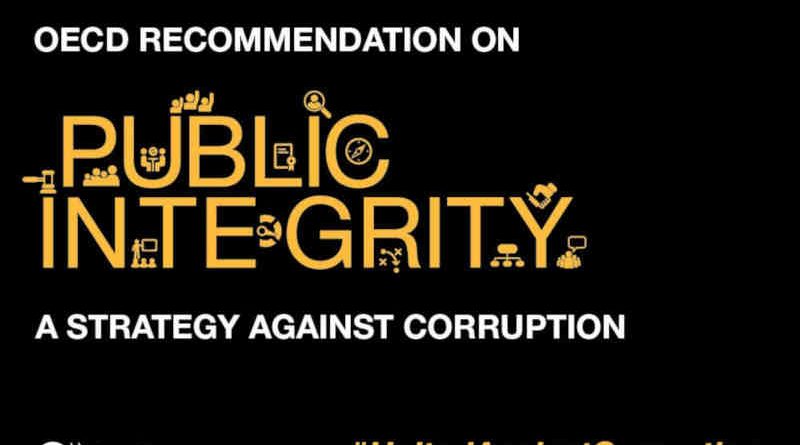Corruption Hinders Public and Private Sector Productivity: OECD

The Organisation for Economic Cooperation and Development (OECD) – an intergovernmental economic organization – asserts that corruption hinders both public and private sector productivity.
Corruption perpetuates inequality and poverty, impacting well-being and the distribution of income and undermining opportunities to participate equally in social, economic, and political life.
OECD suggests that integrity is essential for building strong institutions and assures citizens that the government is working in their interest, not just for the select few.
[ Appropriate Legal System Needed to Combat Corruption: Ulla Tørnæs ]
Integrity is not just a moral issue, it is also about making economies more productive, public sectors more efficient, societies and economies more inclusive. It is about restoring trust, not just trust in government, but trust in public institutions, regulators, banks, and corporations.

In 2017, the OECD adopted a new Recommendation on Public Integrity, which provides policymakers with the blueprint for a public integrity strategy.
It shifts the focus from ad hoc integrity policies to a comprehensive, risk-based approach with an emphasis on cultivating a culture of integrity across the whole of society. It is built on 3 pillars: System, Culture, and Accountability.
Photo: OECD
💛 Support Independent Journalism
If you find RMN News useful, please consider supporting us.



